(September 2, 2023) ‘Reach for the stars’, they said, and now the Indian Space Research Organisation is on its way to do just that. After conquering the Mars and Moon, ISRO is launching its first-ever mission to the centre of our solar system – the sun. ISRO’s Aditya-L1 spacecraft embarks on a monumental journey equipped with a cutting-edge suite of seven payloads. This extraordinary mission is poised to revolutionise our understanding of the Sun by delving deep into its various layers, from the photosphere to the chromosphere, and even the enigmatic outermost layer – the corona. Pioneering electromagnetic particle and magnetic field detectors are on board, primed to unveil the Sun’s hidden mysteries. The mission will launch today at 11.50 a.m. from the Satish Dhawan Space Centre in Sriharikota.
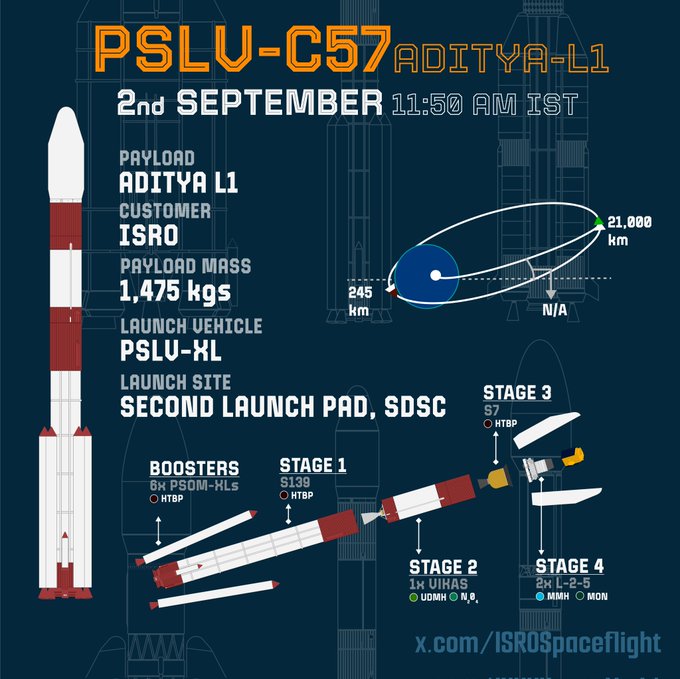
The spacecraft will take around 109 Earth days after launch to reach the halo orbit, and from its privileged vantage point at L1, it will deploy four specialised payloads that cast a direct gaze upon the Sun, capturing unprecedented data and imagery. Meanwhile, the remaining three payloads are dedicated to conducting in-situ studies of particles and fields, strategically positioned at the Lagrange point L1. This unique positioning enables Aditya-L1 to offer vital insights into the intricate dance of solar dynamics as they propagate through the vast interplanetary medium. With every orbit, Aditya-L1 paves the way for monumental strides in solar science, pushing the boundaries of our knowledge about the radiant heart of our solar system.
A dream come true
Now, let’s take a trip back in time to when Aditya (the Sanskrit name of Sun), our special space explorer, was just an idea in the minds of space experts. Back in January 2008 members of the Advisory Committee for Space Research conceptualised the idea of sending a small satellite, about as heavy as a car, into space to study the solar corona, which is the outermost part of the Sun’s atmosphere. At first, they thought this satellite would go into a part of space close to Earth called Low Earth Orbit, and with the help of the camera, coronagraph, take pictures of the Sun’s crown. The committee also allocated ₹3 crore for the financial year 2016–2017.
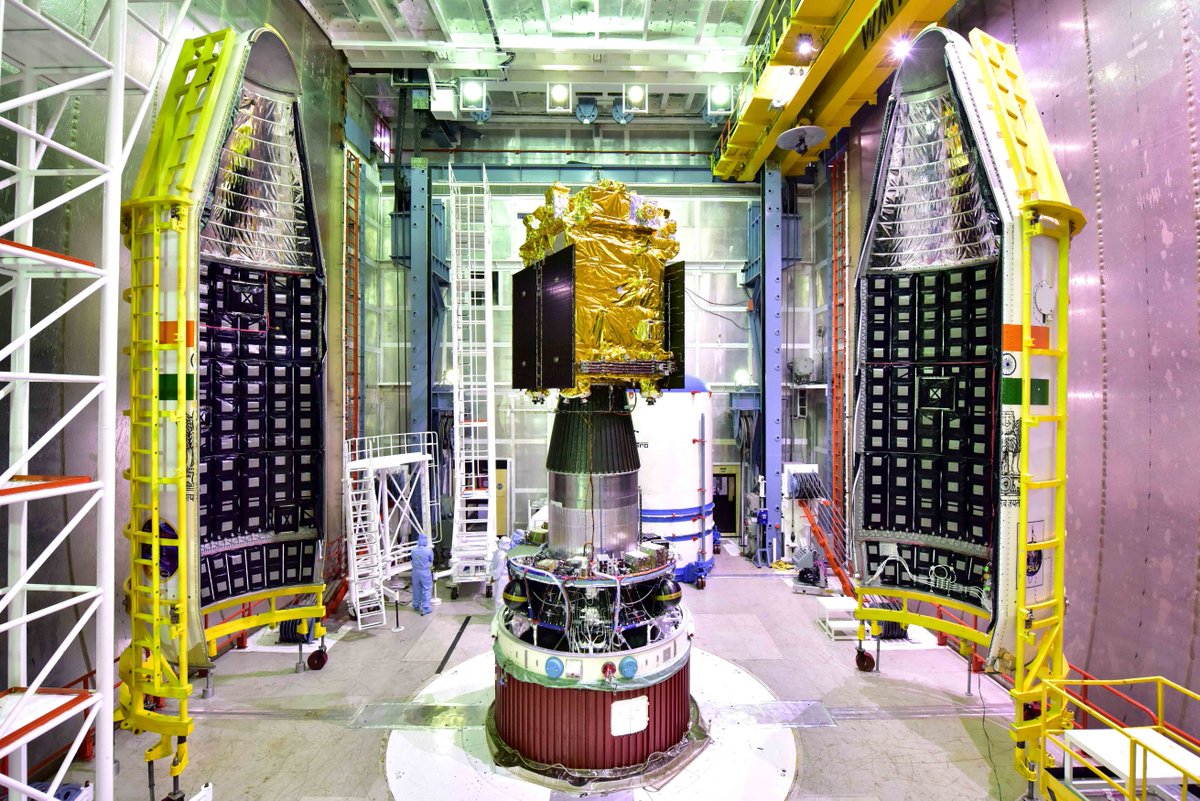
The Aditya-L1 spacecraft
But with time, ISRO devised greater plans for the Aditya mission and decided to turn it into a super observatory, to study not only the Sun but also the space around it. To do this, they had to move Aditya to a special spot in space called Lagrange Point L1, where it could watch the Sun and space together – thus the name ‘Aditya-L1’. But building this incredible mission wasn’t easy, and by July 2019, they had spent ₹378.53 crore on it, not including the cost of launching it into space.
Mission goals
Aditya-L1 is set to explore a special orbit around a point called L1, located about 1.5 million kilometers (930,000 miles) away from Earth. In this unique orbit, the spacecraft will stay for its entire mission, making slight adjustments in its speed between 0.2 to 4 meters per second each year to stay on track. This 1,500-kilogram satellite carries seven scientific instruments with various goals, like studying the Sun’s heat, solar wind, magnetic fields, and the impact of solar radiation on Earth’s upper atmosphere and climate.
One of the main aims of Aditya-L1 is to observe different layers of the Sun’s atmosphere, including the photosphere, chromosphere, and corona, all at the same time. This will help scientists understand how energy moves between these layers, providing insights into the Sun’s behavior. “The suits of Aditya-L1 payloads are expected to provide the most crucial information to understand the problem of coronal heating, coronal mass ejection, pre-flare and flare activities and their characteristics, dynamics of space weather, propagation of particles and fields,” Dr. S. Somanath, the chairman of ISRO said in a press statement.

The spacecraft will dwell at a point called L1, located about 1.5 million kilometers away from Earth
The mission has the potential to make significant contributions to our knowledge of the Sun and its interactions with Earth and the space around us. The data collected could lead to groundbreaking discoveries in solar and heliophysics, helping us better understand Earth’s climate, how the Sun’s outer layer is heated, the solar wind, magnetic fields, and providing detailed images of the Sun’s atmosphere.
- Watch the launch of Aditya-L1 Mission LIVE


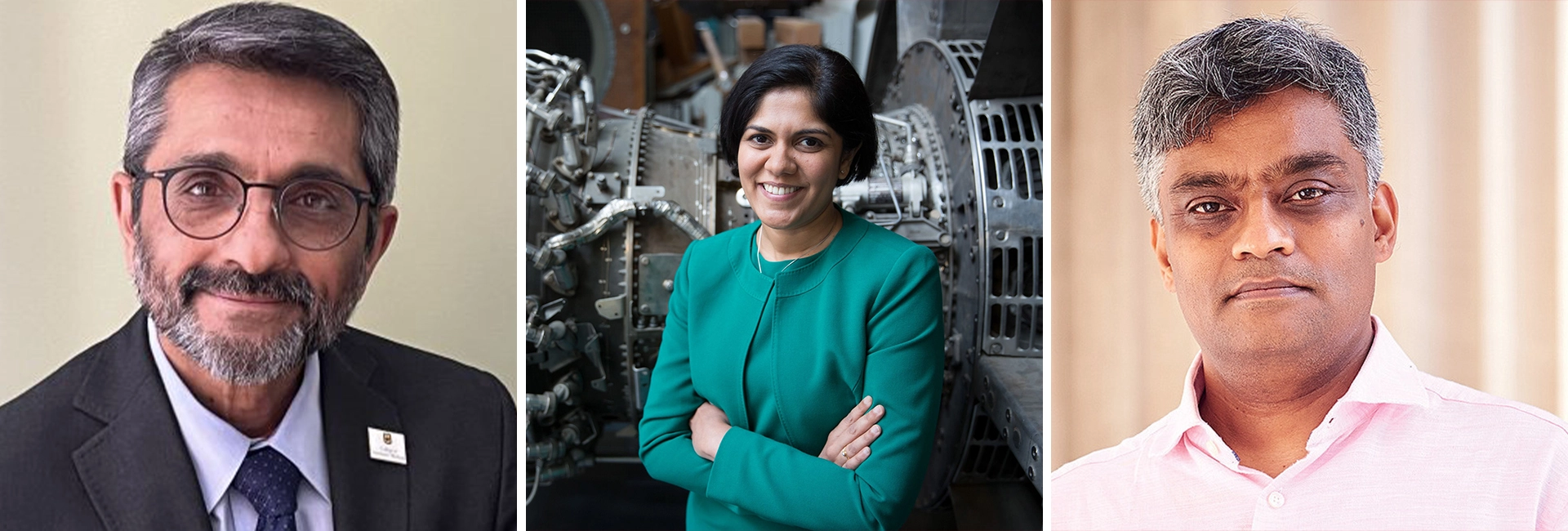
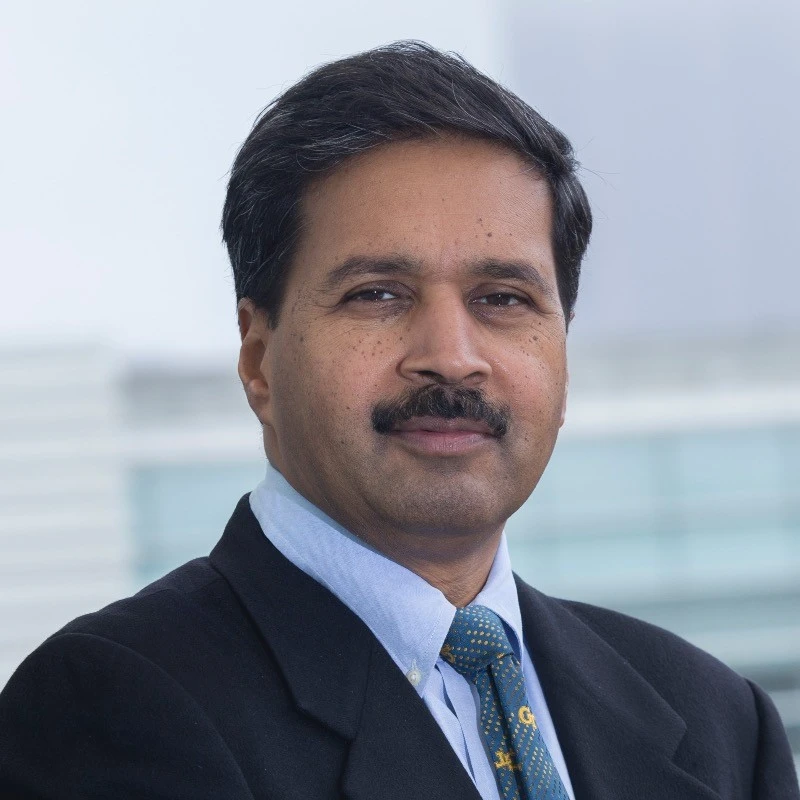 Vivek Sarkar[/caption]
Vivek Sarkar[/caption]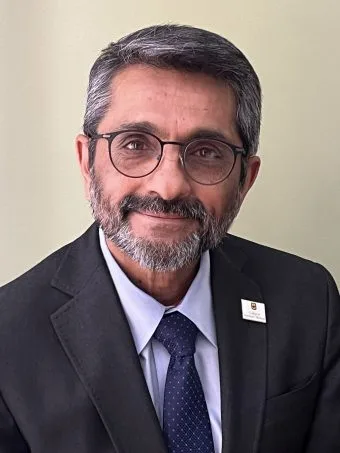 Srinand Sreevatsan[/caption]
Srinand Sreevatsan[/caption]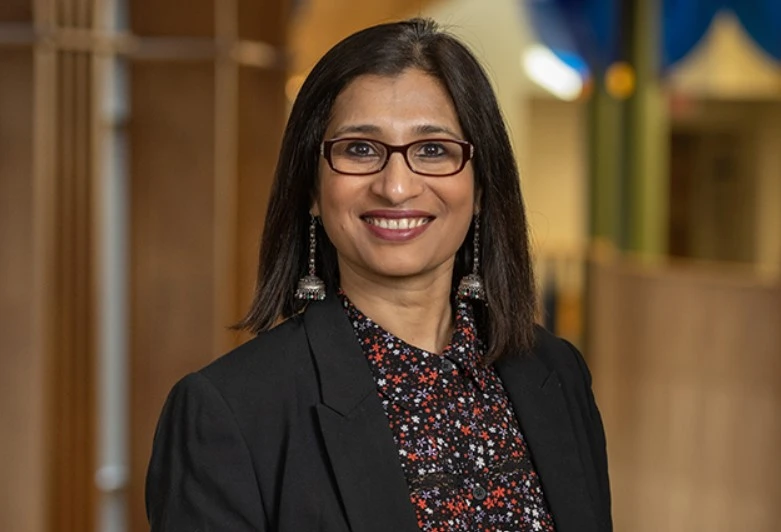 Bhramar Mukherjee[/caption]
Bhramar Mukherjee[/caption]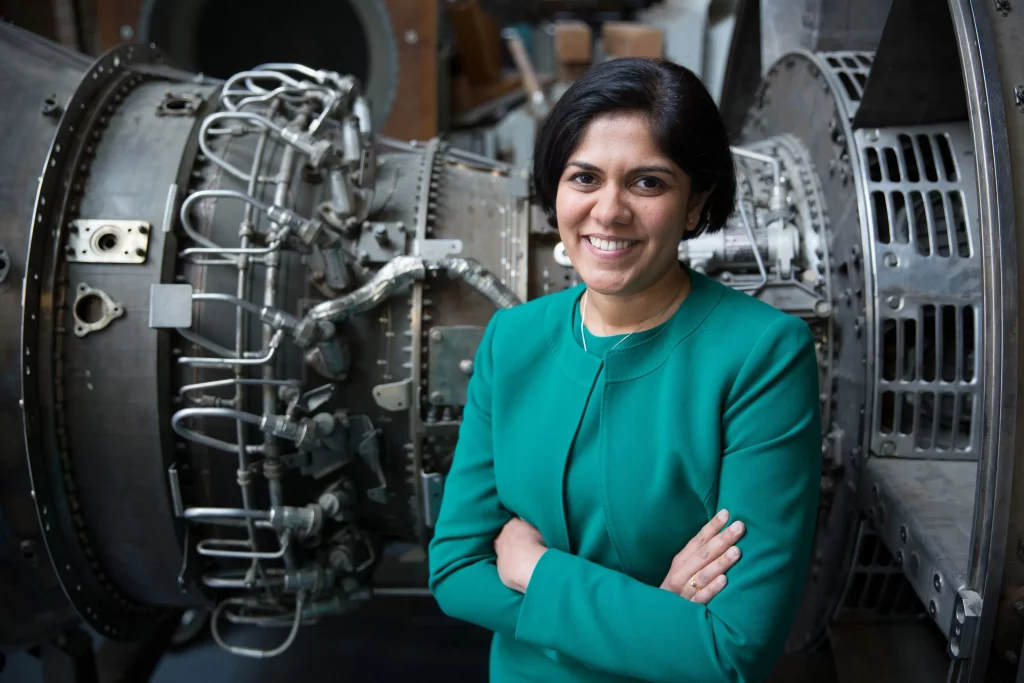 Hamsa Balakrishnan[/caption]
Hamsa Balakrishnan[/caption]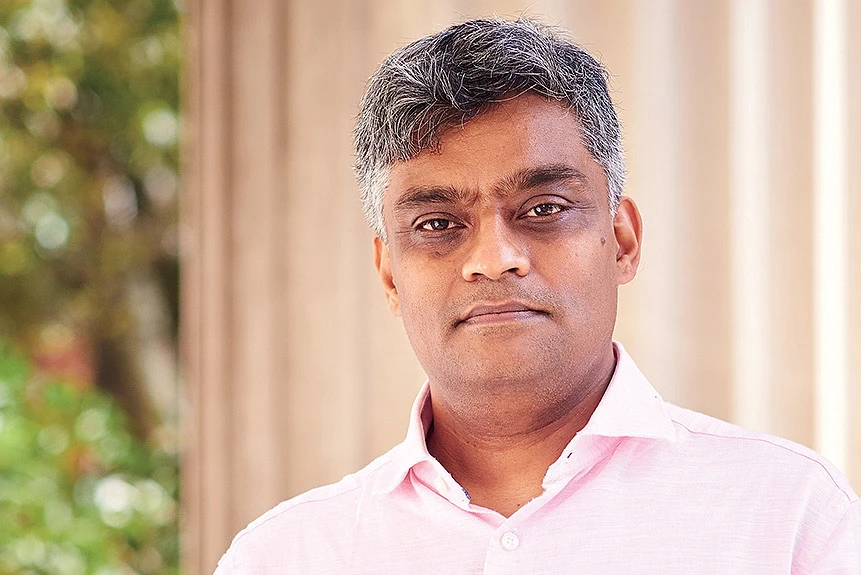 Garud Iyengar[/caption]
Garud Iyengar[/caption]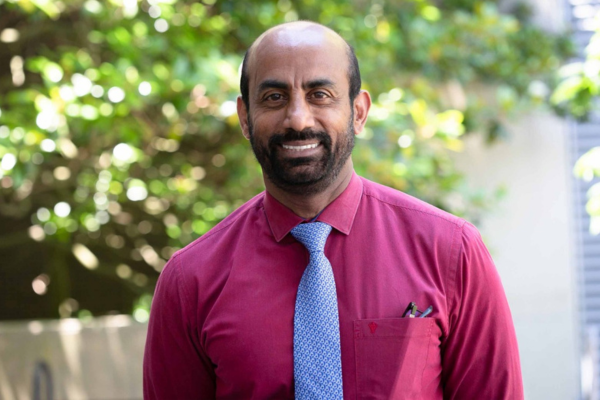 Sakhthivel Saddyapan[/caption]
Sakhthivel Saddyapan[/caption]
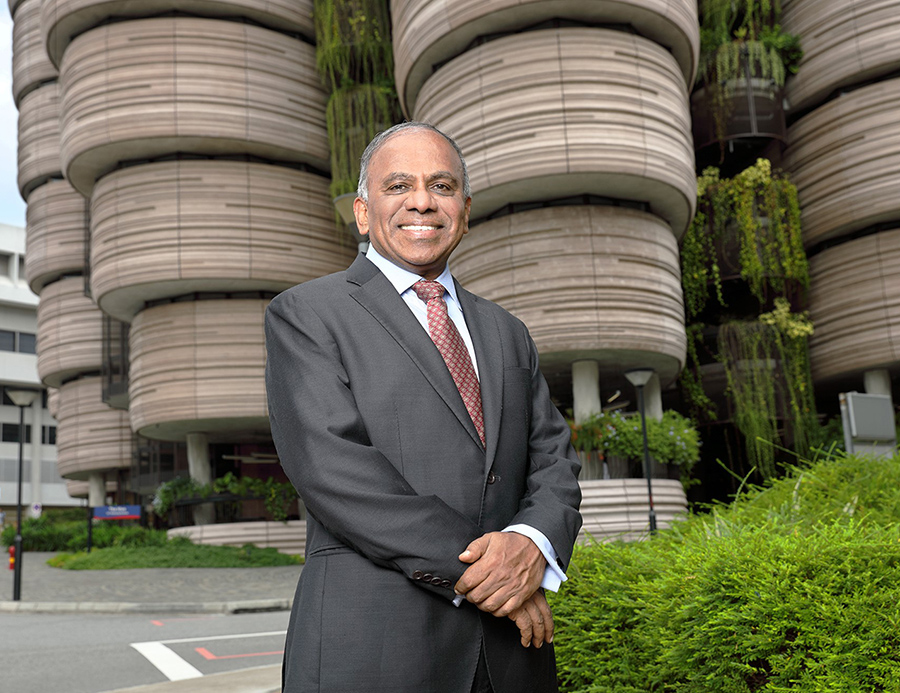
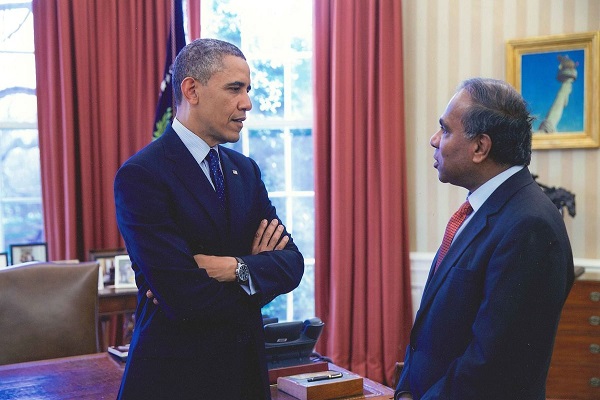 Prof Suresh with former President of USA, Barack Obama[/caption]
Prof Suresh with former President of USA, Barack Obama[/caption]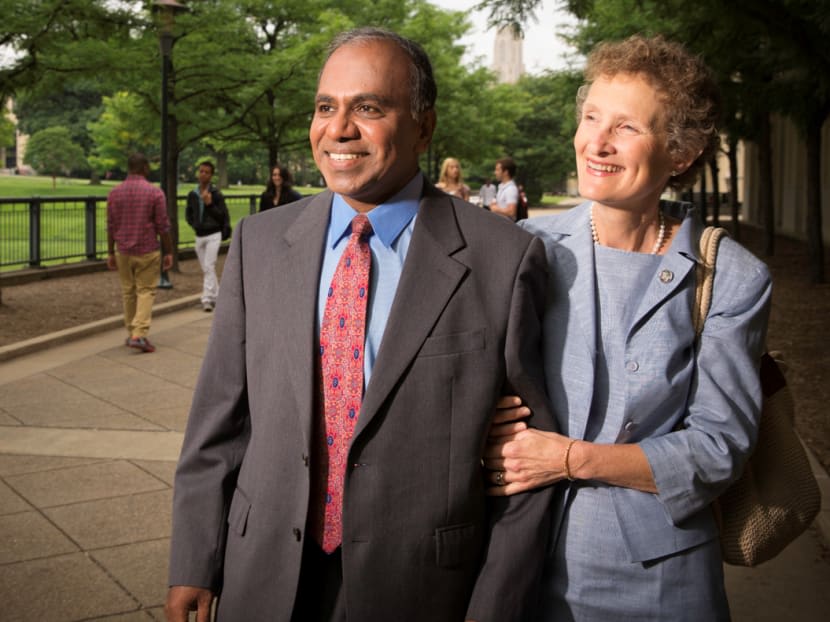 Professor Suresh with his wife, Mary Delmar Suresh[/caption]
Professor Suresh with his wife, Mary Delmar Suresh[/caption]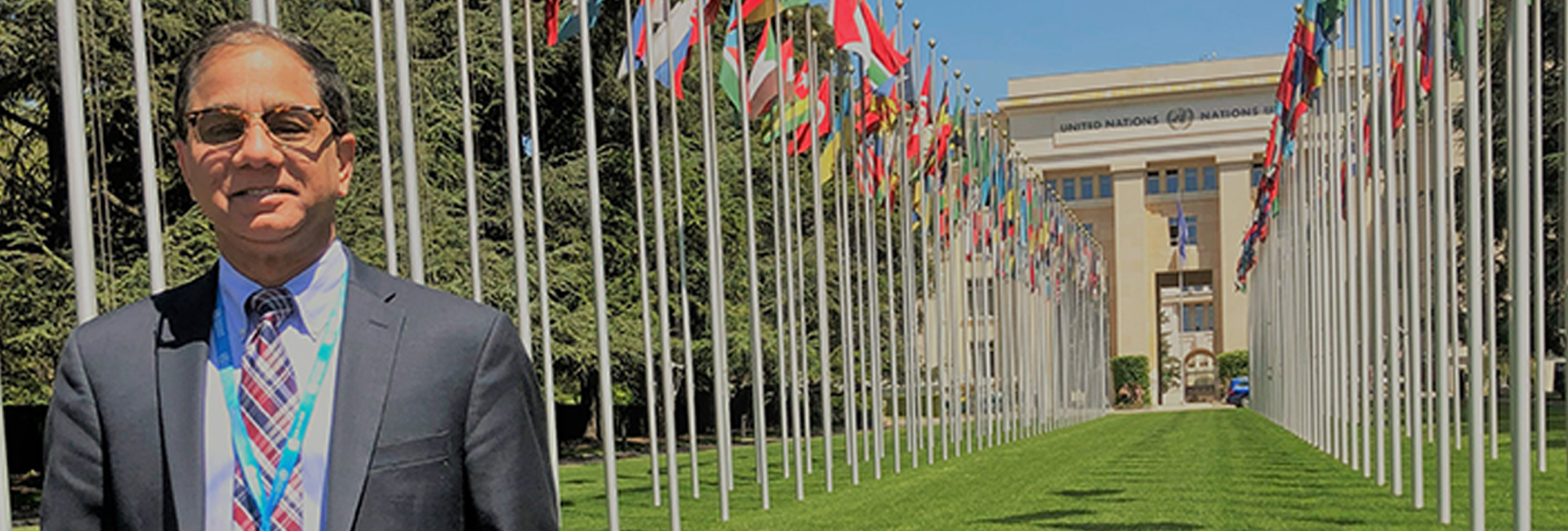

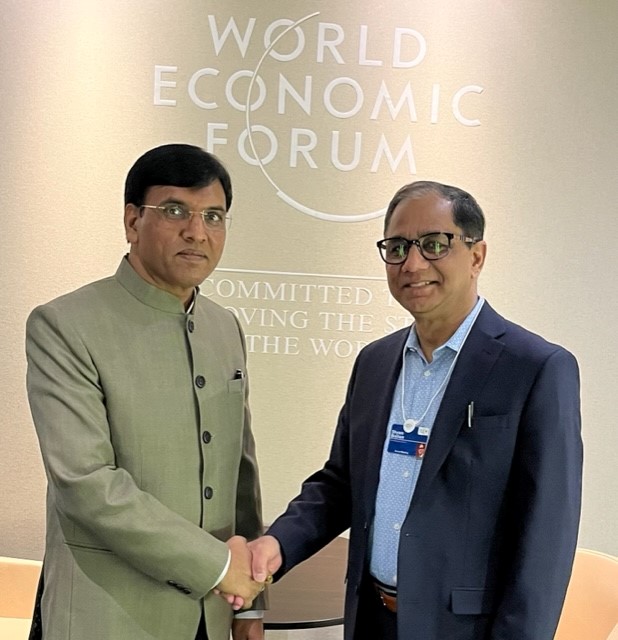 Dr. Bishen with Mansukh Mandaviya, Minister of Health and Family Welfare of India[/caption]
Dr. Bishen with Mansukh Mandaviya, Minister of Health and Family Welfare of India[/caption]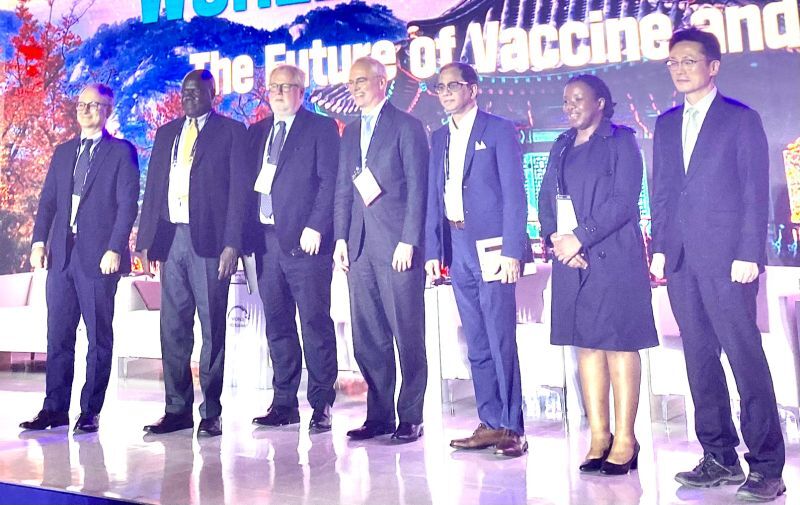 Dr. Bishen at the first World Bio Summit in Seoul, Korea[/caption]
Dr. Bishen at the first World Bio Summit in Seoul, Korea[/caption]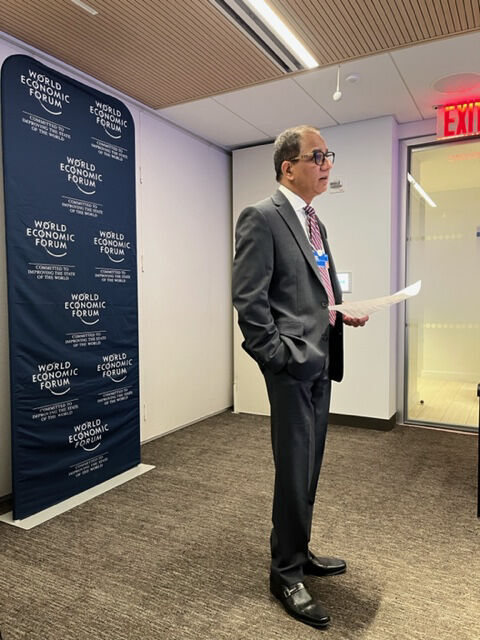
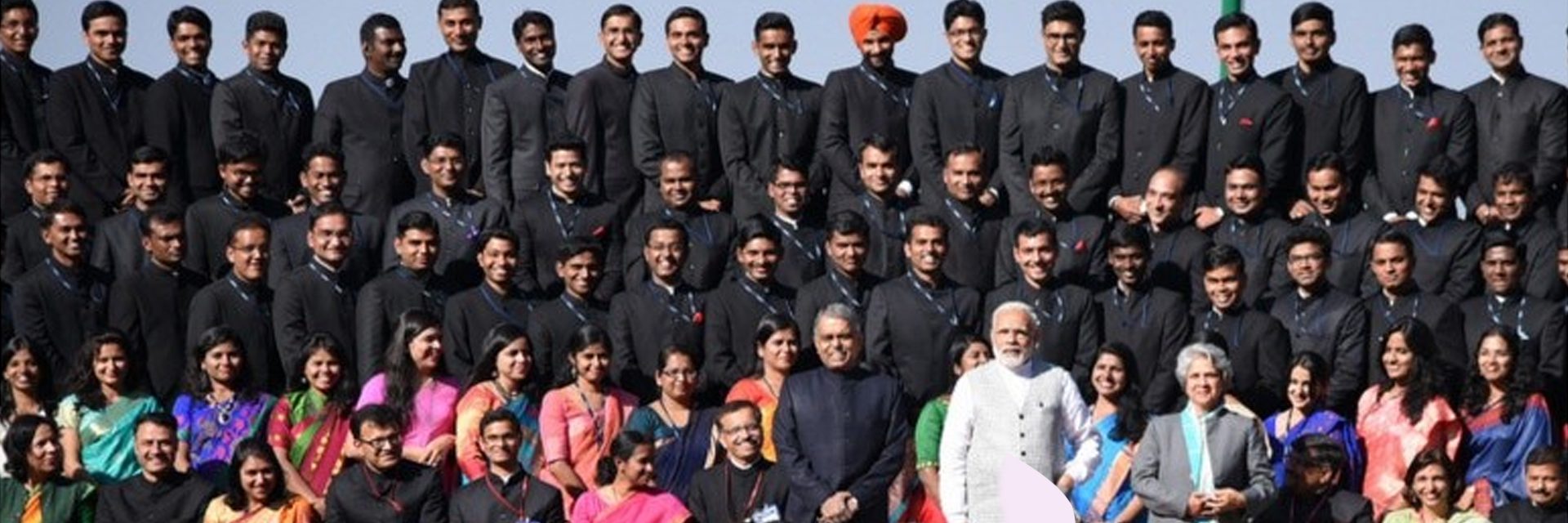
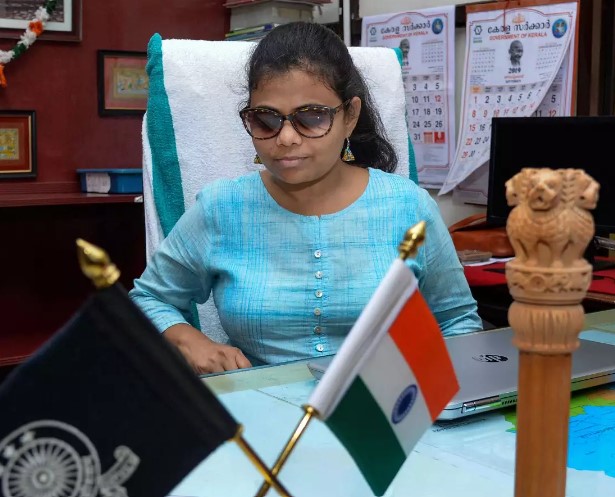 Pranjal Patil[/caption]
Pranjal Patil[/caption]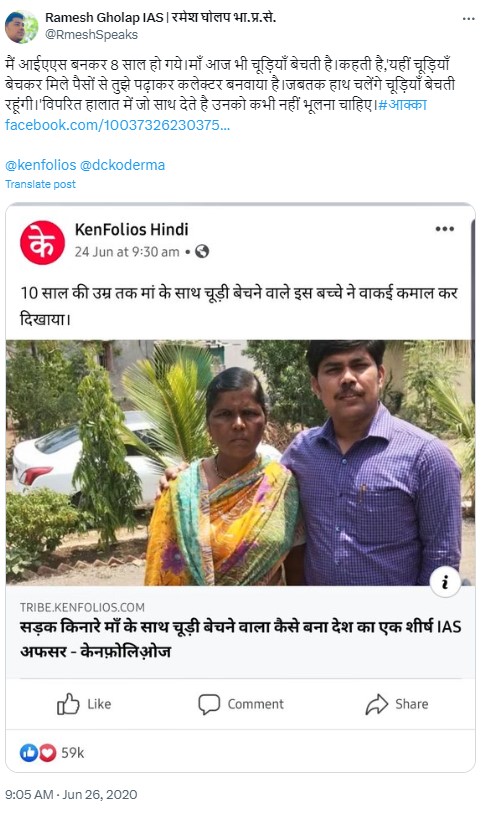
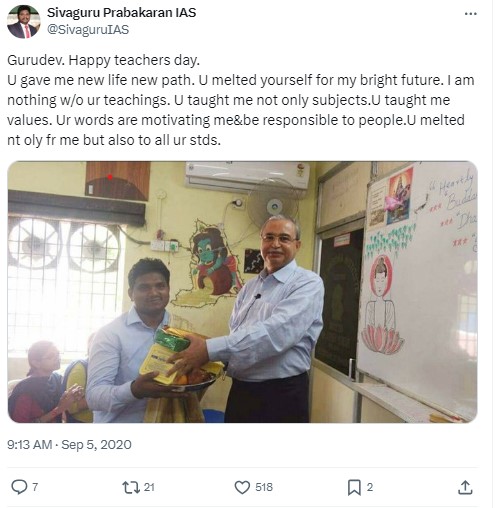

 Sea bass collar spice roasted with coconut, turmeric, tamarind and curry leaves[/caption]
Sea bass collar spice roasted with coconut, turmeric, tamarind and curry leaves[/caption]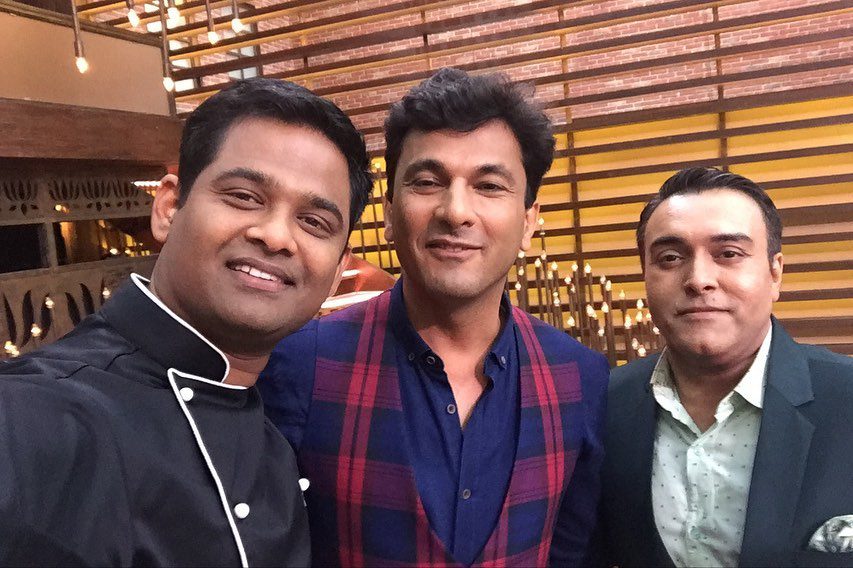 Chef Srijith Gopinath with Chef Vikas Khanna and Chef Zorawar Kalra[/caption]
Chef Srijith Gopinath with Chef Vikas Khanna and Chef Zorawar Kalra[/caption] Maine lobster poached in spiced ghee, coastal curry, sweet peas and pea leaf oil[/caption]
Maine lobster poached in spiced ghee, coastal curry, sweet peas and pea leaf oil[/caption]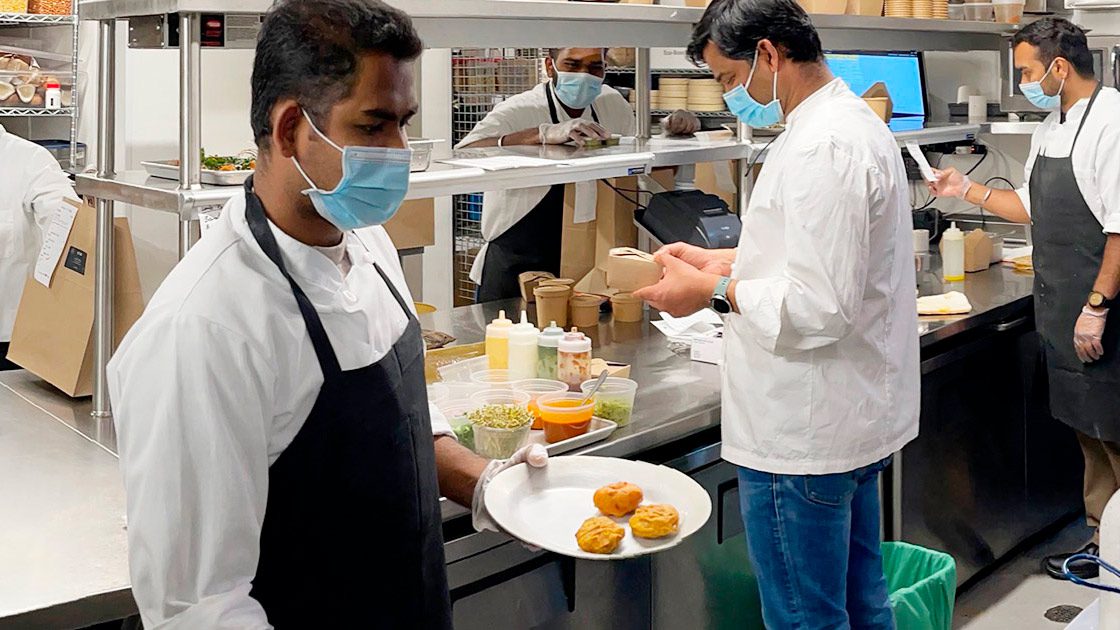 Chef Srijith Gopinath and team at Ettan[/caption]
Chef Srijith Gopinath and team at Ettan[/caption]